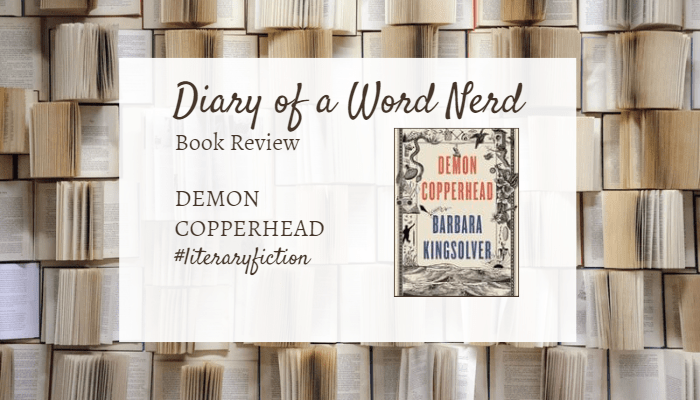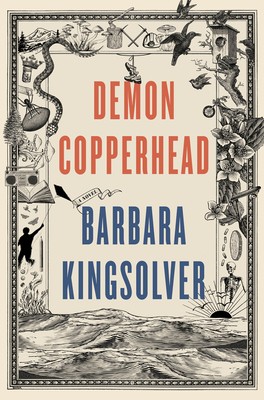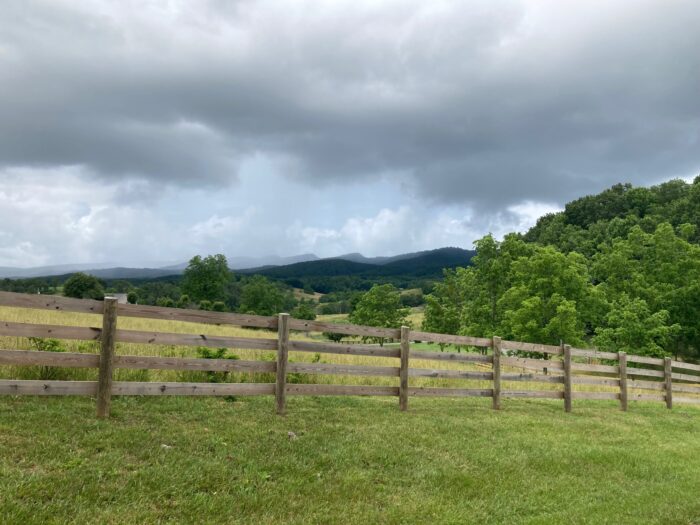Record heat in the southwest. (Did I hear correctly? 110 degrees?!) Flooding in Vermont. And here in the East, we’ve got wildfire haze in our skies again. If you read or listen to the news this summer, it could mess with your head. The barrage of discouraging headlines often folds my stomach into knots. Thankfully, in recent months, I’ve found two reliable antidotes to stress: my dog and birds.
The dog, Scout, is a shepherd mix. Two years old, a shiny black coat, and 54 pounds of exuberance. She has two modes: play and nap. There is no middle ground. The girl needs her exercise, so every morning, before I launch into the day, we walk for at least 30 minutes. Often, I wear headphones while exercising to get news from podcasts like Up First, The Seven from The Washington Post, and the FOX News Hourly Update. But for that first walk of the day, in the serene hours while the sun climbs up the sky, I go podcast free. No sounds but me, Scout, and the birds.
Take a moment to imagine that. Birds chirping from the fence line, paws padding on the asphalt, the tinkle of dog tags on my puppy’s collar. Kinda makes your heart rate slow, just thinking about it, doesn’t it?
Scout, still being a puppy, requires my attention. I cannot ruminate, or fall down a rabbit hole of internal complaining, for too long before she spots a deer or a squirrel and tries to chase it. I must be ready, ideally a bit ahead of her, to give a command and a corrective tug on her leash to remind her to heel. To stay with me, just like I stay present to her. She gives me much needed practice on grounding myself where we are, beside the green pasture, with the trees shifting beside us in the breeze.
While we walk, I listen to the birds. This summer is the first time I’ve really paid attention to how many different songs I hear. From the pip, pip, pips of small birds hiding in the leaves over my head, to the gravelly caw, caw of the large, black crows flapping high above us. I pay attention to each sound and in an attempt to parse out the different calls.
Please note, I’m not trying to learn which birds make which sounds. I have the Merlin Bird ID app on my phone, but no phone on my walk because, connecting with nature, remember? And while I’d like to learn more about birds, I don’t want to add any “shoulds” to my already long to-do list. So, for now, I just appreciate the different sounds, the joyful cries, the amazing diversity of this lovely county I live in.
My faith in the restorative power of nature is well founded. A recent story in The Washington Post highlighted several benefits of interacting with nature, specifically listening to birds. The article cited several studies that demonstrated “a positive association between seeing or hearing birds and improved mental well-being.”
Birds are everywhere, even in cities. You don’t have to live out in the country, like me, to benefit from nature. Take a walk, even on an urban sidewalk, and you will inevitably encounter a bird or two. Maybe you don’t always see them, but you can hear them calling from tree branches and roof tops. In fact, researchers found people who listened to recordings of bird song had improvements in symptoms of depression and anxiety.

This weekend, a friend and I visited a field of blooming sunflowers at Dorthea Dix Park in Raleigh, NC. We both noticed the calming effects of the sea of green and yellow flowers spreading out around us. The bird songs around us just amplified the effect.
My morning walk ritual, with my puppy and the birds to guide me, forces me to ground myself in the moment. To absorb all the peace I can to take with me into the rush of the day. Interacting with nature improves our physical and mental health. Take a few minutes today, and each day, to immerse yourself in nature. I promise you’ll feel better.
Do you have a daily ritual to help you manage stress? Do you listen to the birds that live around you? Even in urban areas, we can hear and see birds. Take advantage of that!
Thanks for getting nerdy with me!

















